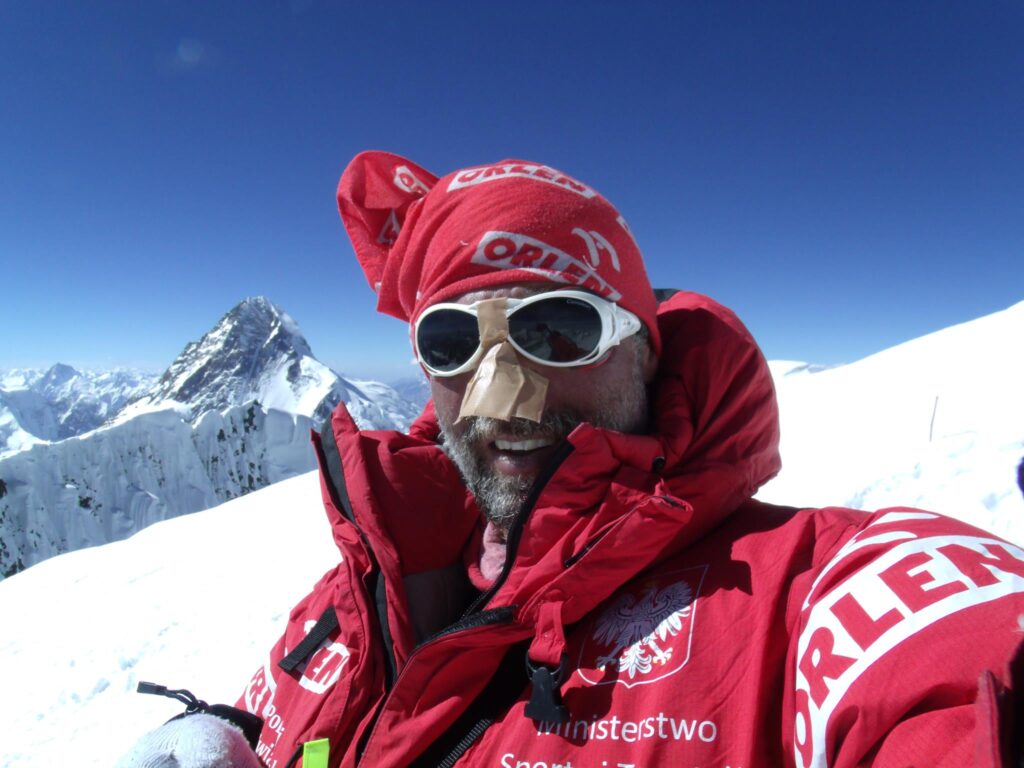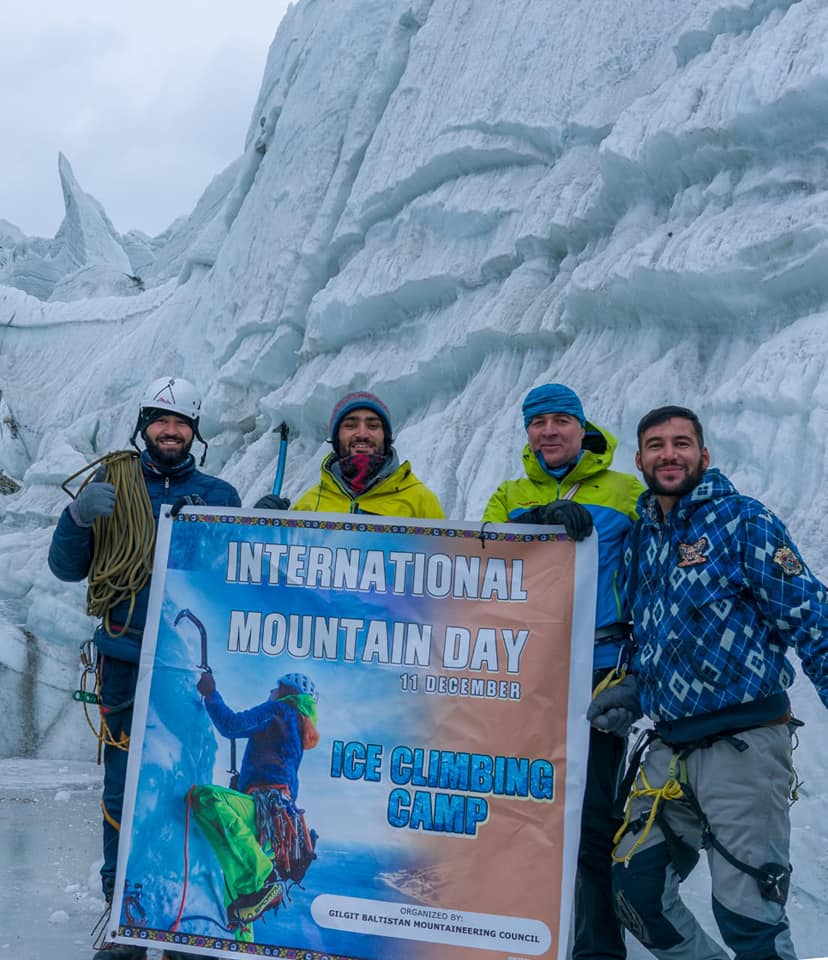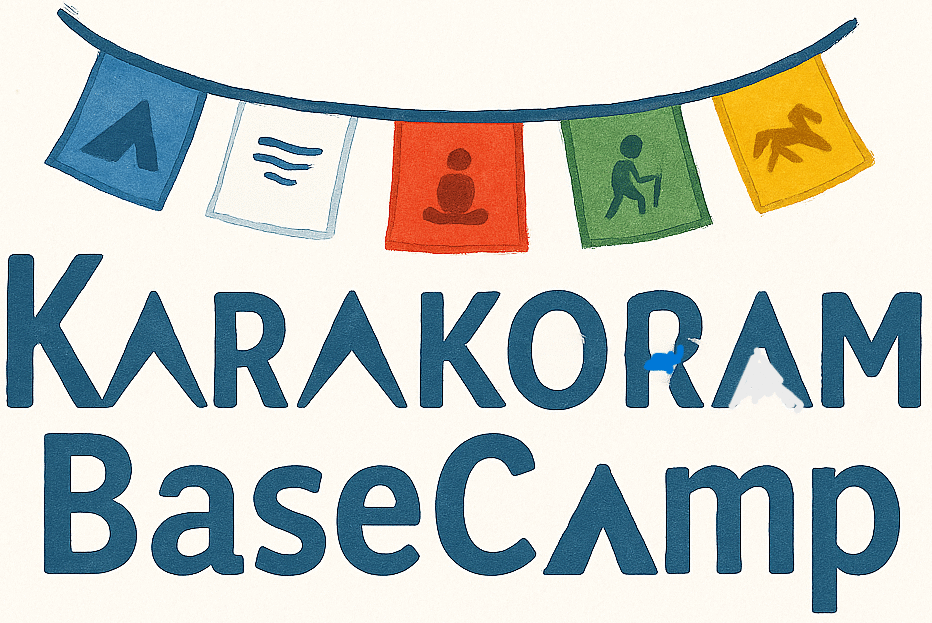The Nangaparbat Base Camp in June presents a vibrant scene filled with tents and prayer flags, accompanied by the aspirations of climbers and the laughter of porters. During the summer of 2013, international expeditions from countries including China, Ukraine, Slovakia, Lithuania, Nepal, and others convened in hopes of conquering Nanga Parbat, Pakistan’s ninth highest and notoriously challenging peak at 8,126 meters. However, that fateful night, rather than being met with a storm or an avalanche, tragedy struck in the form of militant extremists, later associated with the Tehrik-i-Taliban Pakistan (TTP).
Survivors of a Nightmare
In the distressing hours following the attack, Sher Khan, accompanied by two fellow porters from Hunza, made a desperate escape from Base Camp. “Then my Hunza friends said, look, if they come again, they’re going to kill us,” Sher Khan is interviewed by National Geographic. Lacking adequate clothing or boots—having been forcibly removed from their sleeping bags by the militants—they fled upward towards Camp 1 in utter terror. At approximately 1 am in the morning, they discovered a shallow cave situated roughly 300 meters above Base Camp, where they huddled together for warmth amidst the freezing night. Sher kept his radio on, clinging to the hope of establishing contact. At 7:30 a.m., a crackle finally shattered the silence. It was Karim Hayat. Sher, in tears, informed him of the events that transpired. Karim immediately reached out to the renowned Pakistani climber Nazir Sabir, who assured them that army helicopters were already en route. “Don’t move until they land at Base Camp,” Sabir instructed. Their composure under pressure and effective communication played a crucial role in coordinating early rescue efforts and securing the area.
According to interviews with National Geographic and Polish mountaineers, Karim played a pivotal role in the response. According to an interview with a Polish climber who was present at Camp 2, Karim was the first to convey the warning. When Sher Khan radioed in and recounted the horrifying events—that the Taliban had restrained him and placed him beside those who were executed—Karim immediately understood the severity of the situation. He advised others at Camp 2 not to descend, thereby effectively preventing additional climbers from falling into the trap. He also promptly contacted Nazir Sabir, Pakistan’s most esteemed mountaineer, who confirmed that army helicopters were already being dispatched to Base Camp. His steadiness under pressure, combined with Sher’s bravery in fleeing and reporting the massacre, formed a critical lifeline for both survivors and authorities. In the words of an international climber, Karim’s role was vital, as narrated in the National Geographic Interview, 2013 and Everest-Today.com.
Despite enduring one of the darkest chapters in Pakistan’s mountaineering history, Karim Hayat has intensified his commitment to the mountains, emerging as a symbol of resilience and genuine alpine spirit. Rather than retreating, Karim has continued to push boundaries in both summer and winter, achieving extraordinary feats throughout the Karakoram and beyond. Since 2014, he has summited Broad Peak (8,048m), attempted Gasherbrum II, and accomplished numerous first ascents, including Koz Sar, Umeed Sar (given name to hope for peace after the NP massacre), and Yaad Sar. His earlier expeditions include bold winter attempts on Broad Peak, Spantik, and even Nepal’s Baruntse.

Beyond his personal achievements, Karim has become instrumental in nurturing the next generation through the Gilgit-Baltistan Mountaineering Council (GBMC)—a nonprofit organization he leads to promote youth education and skill-building in fields such as ice climbing, rock climbing, paragliding, and new route exploration. Thanks to the mentorship from GBMC, climbers like Muiz ud Din have emerged, recently achieving the first ascent of Spantik’s east ridge. Through every climb and initiative, Karim Hayat embodies the ethos of a true alpinist—not merely ascending peaks, but uplifting others alongside him. In a tragedy marked by violence and silence, Karim and Sher bestowed a voice upon the mountains—and assisted in conveying the truth down from Nanga Parbat’s haunted slopes. International coverage briefly illuminated their plight. However, in the years that followed, their names faded from headlines, despite their continued work in the mountains, supporting new expeditions with unwavering strength.

Ali Hussain: A Life Cut Short
Among the eleven individuals killed in the Nanga Parbat massacre was Ali Hussain, a cherished cook from the remote village of Hushe in Gilgit-Baltistan’s Charakusa Valley. His life mirrored the experiences of many mountain porters, rooted in hardship yet uplifted by ambition. Born into a family of subsistence farmers, he grew up without access to formal education but developed an intimate knowledge of the mountains. By his late twenties, Ali had become a proficient porter and cook, earning sufficient income to support his family and contribute to a local school. His aspiration was to establish a guiding company and provide his wife and three children with a better future.
The Hidden Backbone of Expeditions
While the world mourned the foreign climbers lost in the attack, the local basecamp staff—porters, cooks, and helpers—suffered in silence. These men, frequently hailing from impoverished communities such as Skardu, Hunza, Sadpara, Shigar and Hushe, risk their lives each summer to support expeditions, transporting loads across glaciers, preparing meals, and constructing shelters in the thin air. Their labor, although rarely acknowledged, renders modern Himalayan climbing feasible. The 2013 massacre not only devastated lives but also inflicted a severe blow to the fragile local economies of Gilgit-Baltistan. With foreign expeditions canceling trips and insurance companies marking Pakistani peaks as high-risk, entire villages lost the seasonal income on which they relied to survive the lengthy winters. Aspirations like Ali Hussain’s—to commence a small business, to educate a child, to establish a stable home—were postponed, and in some cases, irrevocably lost. Yet, these mountain workers returned. They returned to Nanga Parbat, to K2, to the Baltoro. Not out of fearlessness, but necessity—and pride. Their resilience serves as a potent reminder that the narrative of climbing in Pakistan extends beyond foreign ascents; it encompasses the quiet strength of those who inhabit the shadows of these peaks every day.
As we reflect twelve years later, let us remember the fallen not only in grief but with purpose. And let us honor survivors like Sher Khan and Karim Hayat, not solely for enduring but for their courage in conveying the truth down from the mountain. Fortunately, adventure tourism and mountaineering in northern Pakistan have not only recovered but are flourishing once more. A decade after the Nanga Parbat tragedy, the region has witnessed a steady increase in international expeditions, trekkers, and climbers attracted to its legendary peaks and welcoming mountain communities. Today, Gilgit-Baltistan is broadly regarded as one of the safest regions in Pakistan, a status echoed in official travel advisories from multiple countries. With enhanced security, improved local infrastructure, and community-driven initiatives, the spirit of adventure is thriving, stronger than ever.
